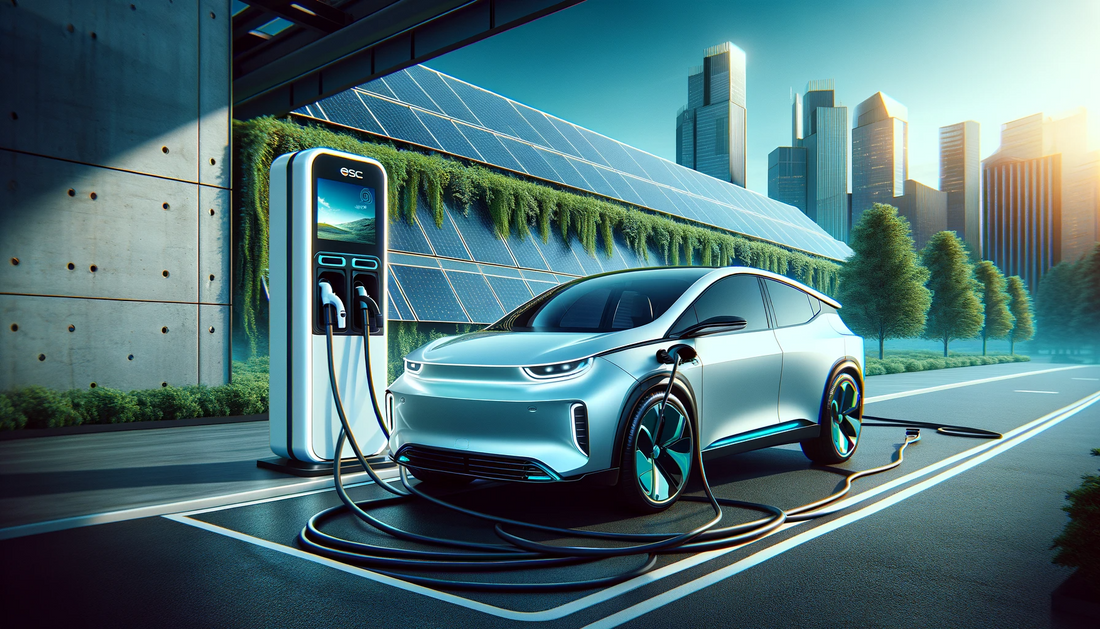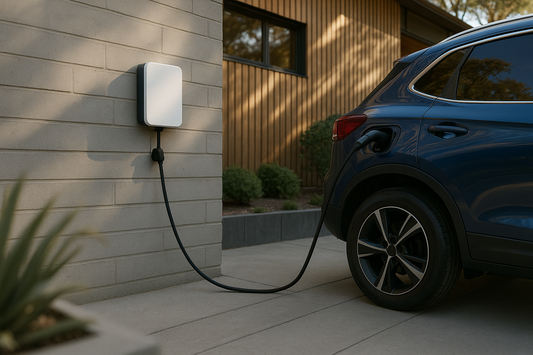Introduction: Choosing the right EV charging cable involves understanding various technical terms and specifications. This guide simplifies these concepts, helping you select the most suitable cable for your EV.
Charging Basics in Plain Language:
Understanding "kW": "kW" stands for kilowatts, the unit of power for charging your EV. The higher the kW, the faster the charge, similar to a higher water flow rate.
Amperage and Phases Explained:
- Amperage (A): Indicates the strength of the electric current. Higher amperes allow for faster charging.
- Phases: Refers to the number of power channels. Single-phase is common in homes, while three-phase provides faster charging.
How Do They Work Together? (Considering 230V Power Supply): The maximum power (kW) can be calculated using the formula:
Power (kW) = Voltage (V) × Current (A) × Number of Phases.
- 16A 1Phase (3.68 kW): Ideal for overnight home charging.16A 1Phase Cable at EVsHome
- 32A 1Phase (7.36 kW): A faster home charging solution. 32A 1Phase Cable at EVsHome
- 16A 3Phase (11.04 kW): Suitable for homes with a three-phase supply. 16A 3Phase Cable at EVsHome
- 32A 3Phase (22.08 kW): The quickest charging option for high-power supplies. 32A 3Phase Cable at EVsHome
Compatibility and Convenience: Higher-spec cables like the 32A 3Phase are versatile, working with both robust and modest power supplies. They automatically adjust to the right flow, ensuring safe and efficient charging.
Choosing Your Cable:
- Check Your Car's Charging Rate: Look for the maximum kW your car can handle.
- Assess Your Power Supply: Determine if you have a single-phase or three-phase power at home.
- Consider Your Charging Routine: A 16A cable may suffice for overnight charging, while a 32A cable is better for quicker charges.
Still unsure which cable is best for you? Contact EVsHome for personalized consultation services. Our experts will guide you through the selection process, ensuring you get the perfect match for your EV and lifestyle. Reach out today for a seamless charging experience.



